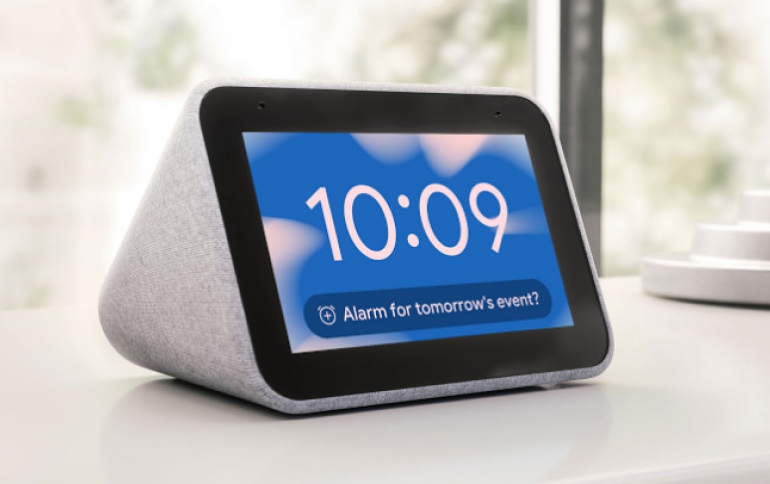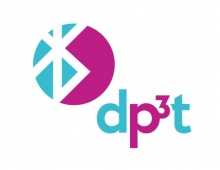
Human Reviewers of Google Assistant Conversations Return
Google workers will listen to audio snippets of people speaking to its digital voice assistant to help improve the product’s quality -- if users give the company permission to do so.
Google haalted all human review of assistant audio in July after a Dutch contractor leaked some clips to a journalist, who was then able to identify specific people on the recordings. On Monday, Google said it’s bringing back human reviewers, but adding a new set of precautions to protect customers’ privacy.
"Recently we’ve heard concerns about our process in which language experts can listen to and transcribe audio data from the Google Assistant to help improve speech technology for different languages. It's clear that we fell short of our high standards in making it easy for you to understand how your data is used, and we apologize," said Nino Tasca, Senior Product Manager, Google Assistant.
Tasca said that by default, Google doed not retain your audio recordings. To store your audio data, you can opt in to the Voice & Audio Activity (VAA) setting when you set up your Assistant. Opting in to VAA helps the Assistant better recognize your voice over time, and also helps improve the Assistant for everyone by allowing us to use small samples of audio to understand more languages and accents. You can view your past interactions with the Assistant, and delete any of these interactions at any time.
Google is also updating thesettings to highlight that when you turn on VAA, human reviewers may listen to your audio snippets to help improve speech technology. If you’re an existing Assistant user, you’ll have the option to review your VAA setting and confirm your preference before any human review process resumes. Google won’t include your audio in the human review process unless you’ve re-confirmed your VAA setting as on.
The Google Assistant already immediately deletes any audio data when it realizes it was activated unintentionally—e.g., by a noise that sounds like “Hey Google.” Soon Google will also add a way to adjust how sensitive your Google Assistant devices are to prompts like “Hey Google,” giving you more control to reduce unintentional activations, or if you’d prefer, make it easier for you to get help in especially noisy environments.
Google also promised to reduce the amount of audio data they store. For those of you who have opted in to VAA, we will soon automatically delete the vast majority of audio data associated with your account that’s older than a few months. This new policy will be coming to VAA later this year.
Google and other companies like Amazon.com Inc. use human transcription to check machine translators and make them smarter. The practice is widespread, but has made some users nervous that giant corporations are monitoring them. The companies maintain that audio snippets aren’t linked to personally identifiable information.
Digital assistants use AI to convert audio to written language. Then, they try to "understand" the meaning of this data, and respond accordingly, mainly by using information from the internet. The algorithm behind the procedure can be improved by using the feedback from human reviewers.





















